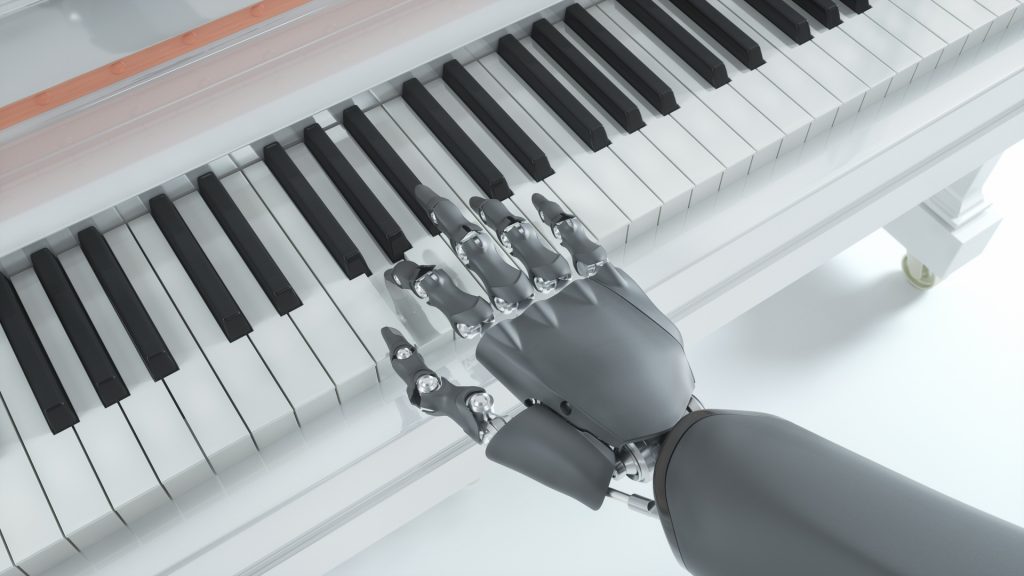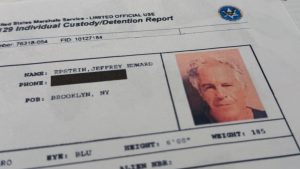Most listeners can’t tell AI music from real songs: Study

Many think they know what a human-made song sounds like, but most listeners don’t. A growing number of chart-topping tracks prove that AI is now matching human musicians note-for-note.
Ipsos and music app Deezer surveyed 9,000 people across eight countries, and 97% misidentified an AI track when compared with a human song.
When asked what people could look out for, music producer Kato On The Track said AI songs often sound “sanitized,” with perfect vocals and clean chord progressions that feel almost too precise. He said those details stand out to people who work in music, but most listeners don’t notice them.
Another giveaway can be found before you even press play. Some AI songs come with album artwork that looks uncanny or computer-generated.

Harry Kumar, cofounder and chief creative officer of the quantum technology company Moth, said he once listened to an album with a unique album cover for nearly 40 minutes before realizing other commenters had flagged the music as AI.
Spotify confirms reason for popular TikTok song removal
A popular track on TikTok called “I Run” by Haven fueled speculation online when users questioned whether it was AI-generated after they couldn’t find the singer credited.
“AI doesn’t belong in art,” one TikTok user wrote under a video from Haven of him defending the song.
“The problem is the vocals,” another wrote. “Either you used AI or you’re not crediting your vocalist – both are a huge issue.”
The song was later removed from Spotify, adding more fuel to the speculation fire.
In September, Spotify announced strengthened protections against AI. One of those includes protections against impersonation, where “uploaders fraudulently deliver music (AI-generated or otherwise) to another artist’s profile across streaming services.”
“[I Run by Haven] was removed for violating Spotify’s impersonation policy. No royalties were paid out on the track’s streams,” a Spotify spokesperson confirmed to SAN.
The policy only allows AI-cloned vocals if the impersonated artist provides authorization.
The incident highlights the rapid growth of AI music tools like Suno, which can generate full songs in minutes and was recently valued at $2.45 billion. AI-generated tracks now circulate widely before listeners realize they were made with the technology.
Experts warn the tech is advancing faster than the systems behind it
Kumar said AI music is advancing so quickly that traditional computing hardware is struggling to keep up.
He said modern generative AI models require massive amounts of computing power, and scaling those systems takes even more memory and electricity.
“We’re starting to see a lot of these companies choke on their own ambition,” Kumar said.
He added that modern computers were not built to handle the complex patterns generative AI tries to model. Because of this, he believes quantum computing may eventually be needed to support the next wave of AI-generated music.
Unbiased. Straight Facts.TM
“Walk My Walk” by Breaking Rust became the first AI-generated song to reach No. 1 on Billboard’s Country Digital Song Sales chart in November 2025.

How will AI affect creatives?
Even with the challenges, Kato sees value in using AI as a collaborative tool. He said newer artists can generate ideas quickly by feeding lyrics or beats into platforms like Suno.
But he also sees problems. Several lawsuits claim AI companies trained their models on copyrighted music without permission. Some platforms say users own the AI-generated output if they pay for premium subscriptions, but Kato said those promises depend on whether copyrights can be enforced.
He said the bigger issue is the impact on artists who spent years learning their craft.
“I do a weekly song review,” Kato told SAN. “People submit fully AI-generated songs, and now suddenly they’re able to call themselves a musician. People have dedicated decades of their lives to learning this craft. I’m just not a hater, but I am all about human creativity. So it’s this weird space that I’m constantly caught in.”
The Ipsos-Deezer poll found that most listeners want clear labeling for songs fully created by AI. Half of the respondents believe AI will play a major role in music production within the next decade.
“The future is coming,” Kumar said. “That’s for sure.”
The post Most listeners can’t tell AI music from real songs: Study appeared first on Straight Arrow News.





